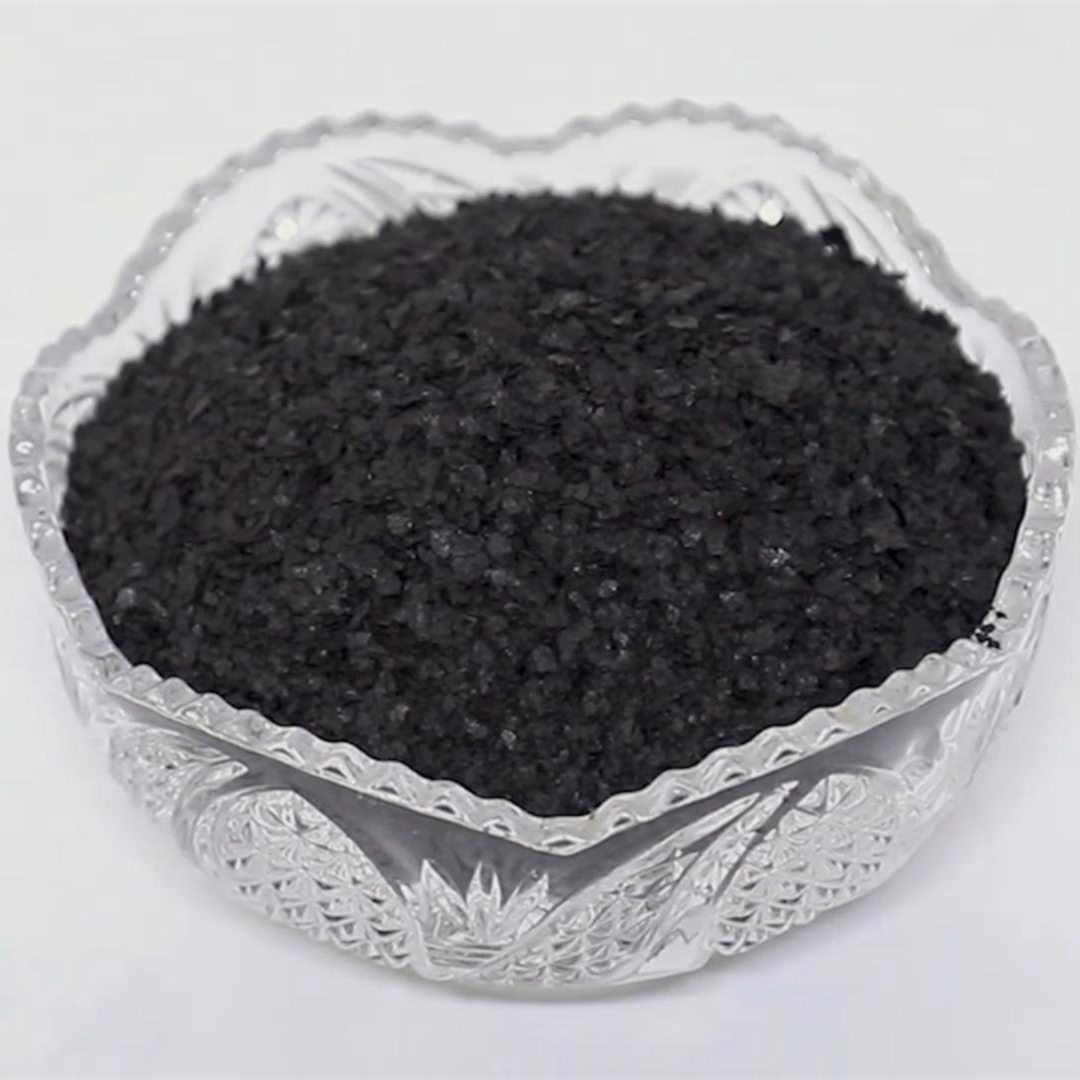
Tem . 29, 2024 04:07 Back to list
Top Organic Fertilizers for Growing Healthy Vegetables in Your Backyard Garden
The Best Organic Fertilizers for Vegetable Factories Nourishing Sustainable Growth
In recent years, the demand for organic produce has surged, spurring vegetable factories and commercial growers to adopt more sustainable agricultural practices. One of the fundamental components of organic farming is the use of high-quality organic fertilizers. These fertilizers not only boost plant growth and health but also promote soil fertility and environmental sustainability. In this article, we will explore some of the best organic fertilizers suitable for vegetable factories, highlighting their benefits and application methods.
Understanding Organic Fertilizers
Organic fertilizers are derived from natural sources and can include plant matter, animal waste, and minerals. Unlike synthetic fertilizers, which can harm the environment and disrupt soil health, organic fertilizers improve soil structure, promote beneficial microbial activity, and provide a slow release of nutrients. This slow release helps ensure that plants receive a steady supply of nutrients, reducing the risk of nutrient leaching into waterways.
Top Organic Fertilizers for Vegetable Factories
1. Compost Compost is one of the most versatile and widely used organic fertilizers. It can include decomposed leaves, kitchen scraps, and grass clippings. Compost enriches soil with essential nutrients and improves its structure, enhancing water retention and aeration. For vegetable factories, using mature compost can lead to healthier plants and higher yields.
2. Manure Animal manure, such as cow, chicken, or horse manure, is rich in nitrogen, phosphorus, and potassium—the primary nutrients required for plant growth. When properly composted, manure can provide a balanced nutrient profile while also improving soil health. It is crucial to ensure that the manure is aged or composted to eliminate pathogens and reduce the risk of weed seeds.
3. Fish Emulsion This liquid fertilizer is made from byproducts of fish processing. Fish emulsion is high in nitrogen and micronutrients, making it an excellent choice for leafy vegetables. It can be applied directly to the soil or as a foliar spray, promoting rapid growth and a vibrant green color in plants.
best organic fertilizer for vegetables factories

4. Bone Meal Bone meal is an excellent source of phosphorus, which is essential for root development and flowering in vegetables. This organic fertilizer is made from crushed animal bones and releases nutrients slowly over time. It is particularly beneficial for root crops like carrots and potatoes.
5. Kelp Meal Derived from oceanic seaweed, kelp meal is rich in trace minerals and growth hormones that enhance plant growth and overall health. It improves drought resistance and promotes better root development. Kelp meal can be mixed into the soil or used as a foliar feed.
6. Cover Crops While not a direct fertilizer, planting cover crops such as clover or vetch can significantly enhance soil fertility. These plants fix nitrogen from the atmosphere, enriching the soil when turned under before planting crops. This practice also helps prevent soil erosion and improve soil structure.
Application Methods
To maximize the benefits of organic fertilizers, proper application methods are essential. Here are a few tips for vegetable factories
- Soil Testing Begin with a soil test to determine nutrient deficiencies and pH levels. This information will guide your fertilization strategy. - Timing Apply organic fertilizers during planting season or as a top dressing during the growing season, depending on the specific needs of your crops. - Mixing Integrate fertilizers into the soil thoroughly to ensure even nutrient distribution and minimize nutrient runoff.
Conclusion
Using organic fertilizers in vegetable factories is a sustainable practice that contributes to healthier crops and a more balanced ecosystem. The right selection of organic fertilizers can significantly enhance plant growth, improve soil health, and minimize environmental impact. As consumers increasingly demand organic produce, investing in top-quality organic fertilizers will not only fulfill market needs but also promote sustainable agricultural practices that benefit our planet for generations to come.
-
10-10-10 Organic Fertilizer - Balanced NPK Formula
NewsAug.02,2025
-
Premium Organic Manure Compost for Eco Gardens
NewsAug.01,2025
-
Organic 10-10-10 Fertilizer | Balanced Plant Nutrients
NewsJul.31,2025
-
Premium Amino Acid Fertilizer | Rapid Plant Growth Booster
NewsJul.31,2025
-
10 10 10 Fertilizer Organic—Balanced NPK for All Plants
NewsJul.30,2025
-
Premium 10 10 10 Fertilizer Organic for Balanced Plant Growth
NewsJul.29,2025
